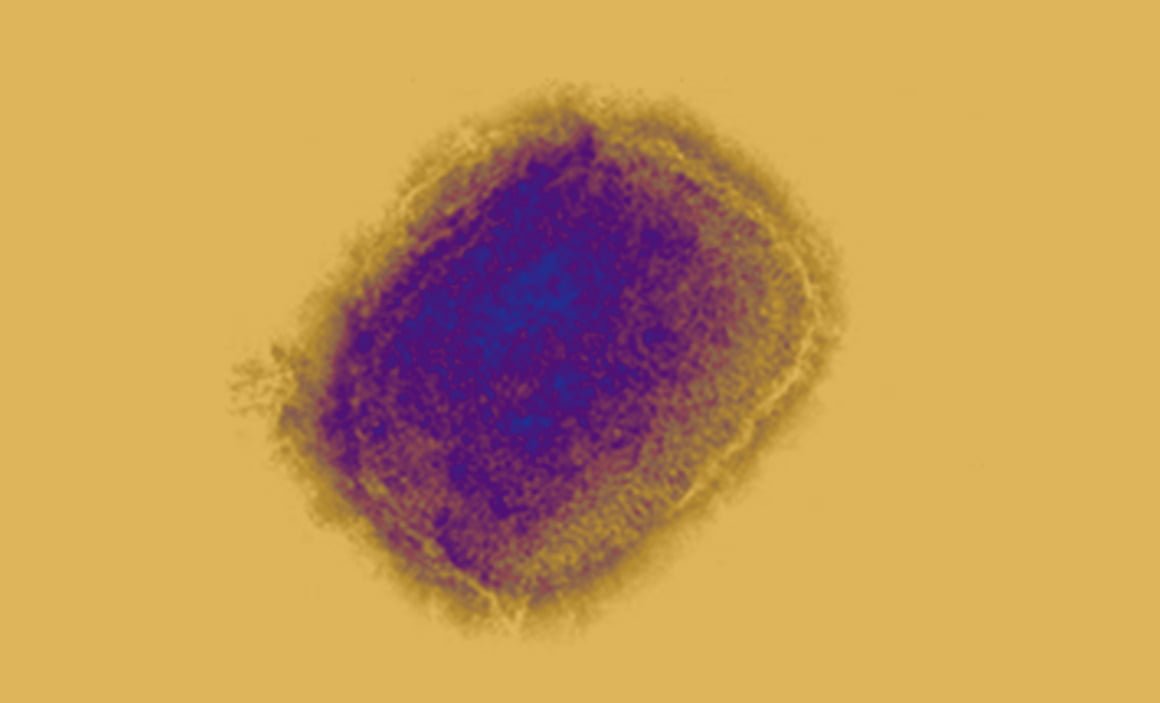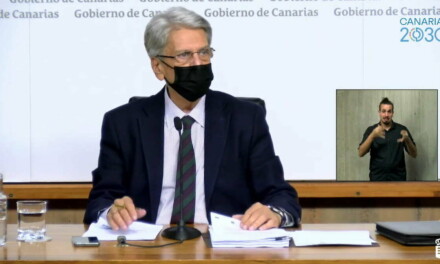This rare, and most-often mild, infection, is not new, and was first detected in the 1950s, having been identified after being passed from small mammals, like rodents, to laboratory Monkeys (hence the name). The very first human case was only found in the 1970s, and every year there are a few hundreds of cases, primarily in Central and West Africa. However this sudden spike in confirmed cases, outside where it is usually found, has led some scientists to posit that there may have been a new development or evolution within the virus itself. Human to human transmission is very, very rare, but it appears this latest series of infections may be centred around male to male sexual contact, making it a new novel vector for the disease. A lot more investigation will be required to uncover what is really going on.
The Canary Islands Ministry of Health has this Thursday, May 19, reported our first possible case of monkeypox, being treated at the Dr. Negrín University Hospital in Las Palmas, which has not required hospital admission and is under controlled observation in coordination with Spain’s National Centre for Microbiology, which will confirm or rule out the case in question.
The first suspected case on the islands, it has been reported on the same day as the first case in Italy was confirmed, carried by an individual who recently arrived from The Canary Islands. So far Spain has confirmed 23 cases, the UK 9, and Portugal 5 of this rarely seen disease, with cases also now confirmed in the US and in Sweden and suspected cases being investigated in Canada, among other places. It is the widespread nature of the outbreak that has been a cause for some concern.
Monkeypox is a very rare disease that causes fever, headaches, swollen glands and rashes on the hands and face, similar to that caused by Chickenpox. Its transmission occurs primarily through the respiratory route, however almost all of the currently suspected cases of infection suggest contact with mucous membranes, perhaps during sexual intercourse, with contact between males currently seen as the most likely vector, though no-one can be sure at this early stage.
Each case under investigation is to be reported to the Ministry of Health and the European Centre for Disease Prevention and Control (ECDC), as indicated in the epidemiological protocols.
On May 15, the United Kingdom declared a health alert to the World Health Organisation, in accordance with international health regulations, after detecting the first four confirmed cases in Europe. This alert has activated protocols in all health centres across Spain and the Canary Islands with the aim of early detection of any possible cases that may present here.













